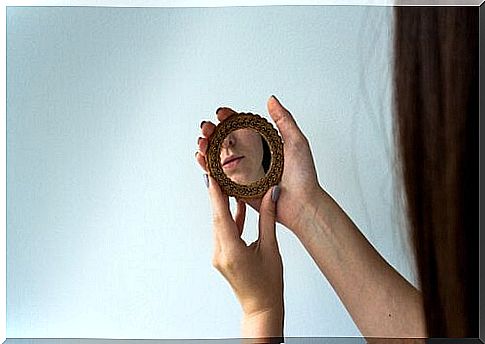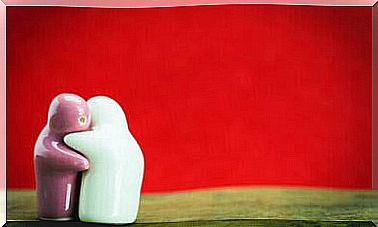Relationship With The Body, What Is Ours?

Having a good relationship with the body isn’t as obvious as we might think. This connection, so evident and essential, often takes a back seat, despite its extreme importance. The body seems to be such an obvious reality to some that it doesn’t deserve proper reflection or awareness. However, this is not the case.
Often, the relationship with the body is merely instrumental or functional. Instrumental when it is intended as a means to impress others. In this sense, “you take care of yourself” to please others and “make yourself beautiful” to attract. The opposite is also likely to happen: hiding from the eyes of others or neglecting oneself in the absence of a positive self-concept.
The relationship with the body can only be functional, in other words we remember it only when we feel pain or get sick. When we are healthy, we forget that it is an organism in constant activity and that everything we do, feel and think takes place biologically within it.

Indolence and obsession with the body
There are people who have no relationship with their body. They do not explore it, they do not know it and it is also possible that they feel contempt or apprehension of it. People with this dysfunctional link can belong to two extremes: those who are overly attentive to their body and those who are indolent with their body.
People who are obsessed with their bodies are usually very apprehensive. They are obsessed with hygiene and have a tremendous fear of germs. They are intolerant to the natural smells of sweat, urine or feces. They do not recognize them as natural odors, but as warning signs. Their craze for cleanliness is often extreme. In this case, the body is a battlefield; the expression of an unresolved psychological conflict.
At the other extreme, there are those who make indolence the norm of life. The extreme neglect of personal hygiene and of the body in general is the symptom of a psychological problem . It starts off by stopping washing and changing clothes, until you smell and not worry about it. Something occupies the mind so obsessively that it overshadows the body. If your relationship with the body falls into one of these two categories, it is probably worth asking for help.
Emotions and the relationship with the body
Emotions, in themselves, are neither positive nor negative, but some of them can be a serious problem for the body. Emotions such as anger, sadness and anguish can alter the body’s natural balance. And, of course, also those associated with or derived from them, such as frustration, stress, intolerance, etc. All these emotions are the response to threatening stimuli, or at least perceived as such, even if they may not really be.
The emotional universe exerts a significant influence on our relationship with the body. There is a large literature in which it is evident that emotions help restore the body’s balance in some cases and facilitate the emergence of disease-inducing mechanisms in others. Scientific research has shown that anxiety is one of the usual companions of various diseases. In particular, of the infectious and autoimmune ones.

Anxiety has also been shown to have a negative influence on surgery. The condition known as “stress” tends to alter the body’s normal healing processes. The secretion of hormones during stressful episodes aggravates the course of some pathologies such as cardiovascular diseases. In addition, it depresses the immune system, favoring the development of further pathologies.
For many people, the effect of emotions on their body goes completely unnoticed. They do not notice, for example, changes in their breathing or heartbeat. Nor are they aware of changes in temperature, muscle tension or the acceleration of certain processes. The relationship with the body also passes through this question: how sensitive and aware are we of the changes that occur in our organism? The answer can give us an idea of the quality of this precious link.









